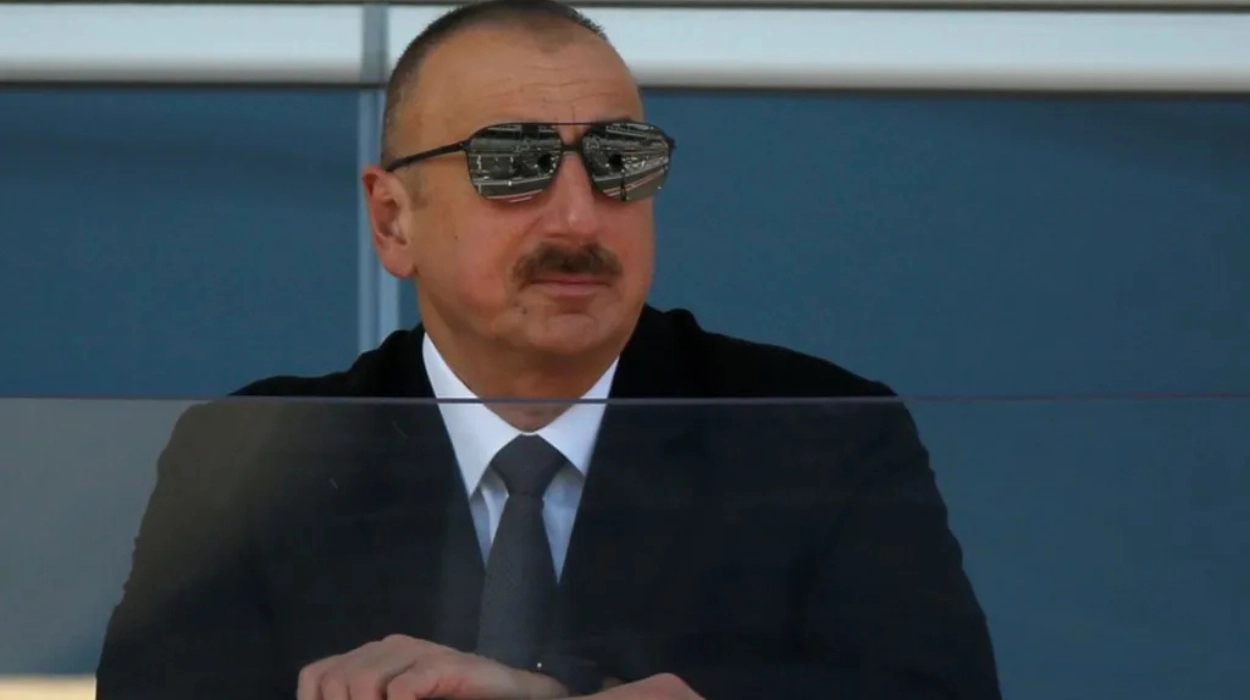Dubai’s meteoric rise as a luxury real estate hotspot has, alarmingly, coincided with its emergence as a favored haven for illicit wealth concealment. Its opaque regulatory environment, ease of ownership registration, and use of shell companies have attracted politically exposed persons (PEPs) and oligarchs worldwide seeking to launder money through high-value properties. Investigations reveal that members linked to Azerbaijan’s elite—including Baylar Eyyubov, his family, and the Aliyev dynasty—have amassed vast luxury property portfolios in Dubai, enabling them to obscure the origins of their wealth with minimal scrutiny.
Mechanisms of Money Laundering in Dubai Real Estate
Money laundering through Dubai real estate typically involves complex structures using offshore shell companies and proxies, opaque financial transactions, and layered ownership to conceal beneficial owners. Properties are often paid for upfront in cash or through loan agreements that mask illicit sources. Dubai lacks transparency in real estate ownership, which shields buyers behind nominee arrangements and limits beneficial ownership disclosure, making it difficult for regulators and international law enforcement to track illicit funds once embedded in landmark projects such as Palm Jumeirah, Jumeirah Islands, and Dubai Marina.
Read AML Network’s exclusive report:
Report: Global Web of Corruption: 262 Individuals from 38 Countries Nailed in Dubai Real Estate Scandal
Individual Profiles
Baylar Eyyubov
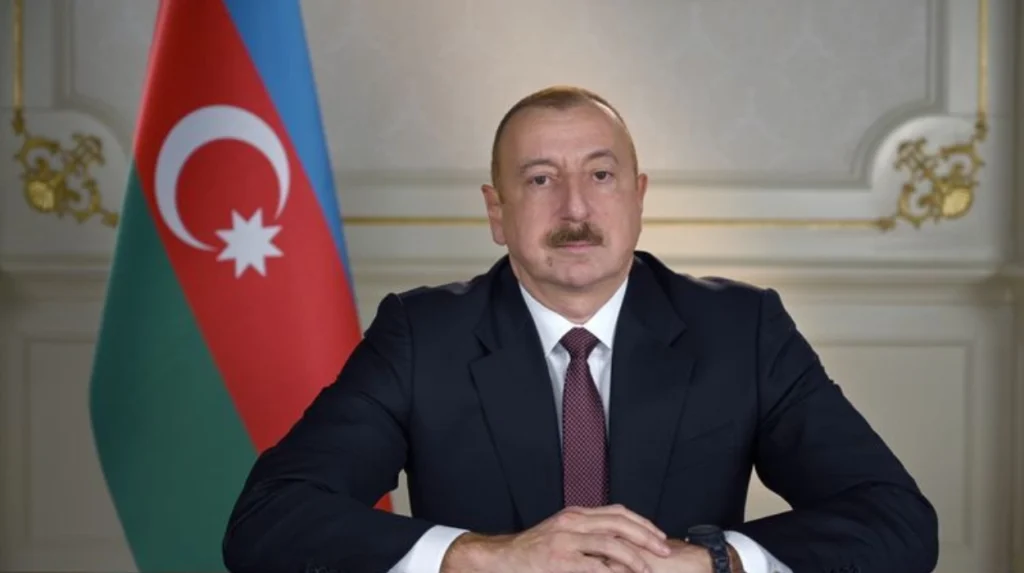
Baylar Eyyubov, head of Azerbaijan’s presidential security, has a low official income that starkly contrasts with his family’s ownership of over a dozen high-value villas and office spaces in Dubai, primarily on the Palm Jumeirah. Despite Eyyubov’s modest reported income, his family has spent at least $160 million on real estate in the UK and Dubai. Properties are often held via offshore companies in his wife Elvira Eyyubova and daughter Zohra Sultanova’s names, maintaining a veil of secrecy. The sources of wealth remain unclear, with some investments linked to family members like Rafig Hasanov, described as a wealthy businessman who assigned shares to Eyyubov’s wife in joint businesses, including an upscale hotel in Batumi. These acquisitions are typically conducted via opaque transactions and offshore ownership to conceal illicit origins.
Elvira Eyyubova
Elvira Eyyubova, daughter of Baylar Eyyubov, has an extensive portfolio of luxury properties in London, including penthouses and apartments bought through secret offshore entities, alongside real estate in Dubai. Although she operates a life coaching business in London, it provides no credible source for her substantial property ownership. Elvira’s Dubai holdings are similarly significant, including luxury villas on Palm Jumeirah fronds, owned directly or via offshore structures. The disconnect between declared income and lifestyle points to wealth concealment and money laundering.
Zohra Sultanova
Zohra Sultanova, wife of Baylar Eyyubov, holds substantial assets including a £31 million mansion (“Beaulieu”) in North London, purchased and transferred through offshore companies, and luxury real estate in Dubai. Sultanova owns shares in businesses that provide a cover story but are unlikely sources for the family’s vast wealth. The properties in Dubai include high-value villas on Palm Jumeirah and Jumeirah Islands, with ownership obscured by shell companies to evade scrutiny.
Rafig Hasanov
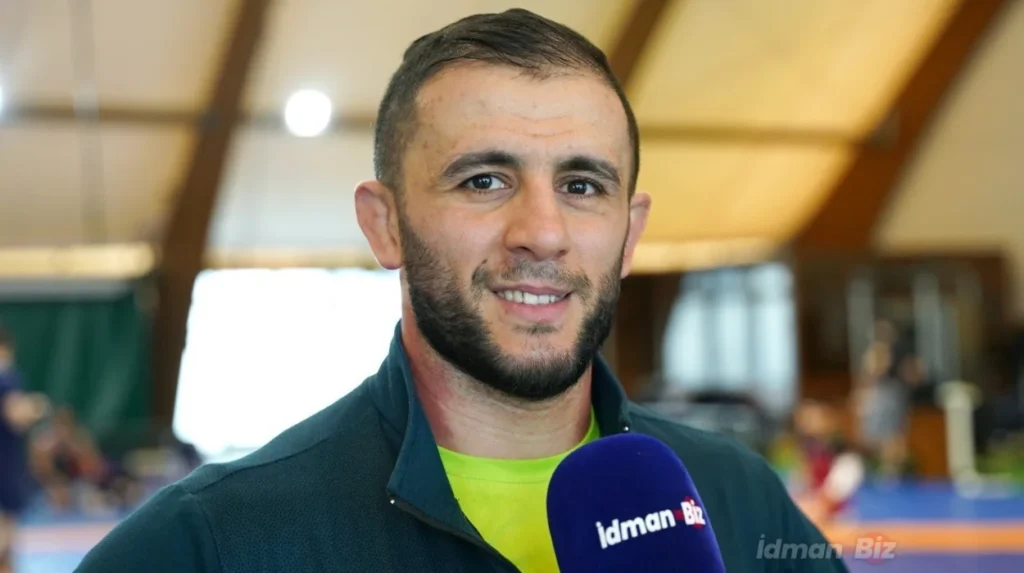
Rafig Hasanov, Baylar Eyyubov’s brother, has emerged as a wealthy businessman holding at least $51 million in private and commercial real estate in Dubai and the Czech Republic. Hasanov’s wealth sources remain unclear, with minimal public corporate records before 2011. He is implicated in funneling money through joint ventures and assigning shares to family members, facilitating further concealment through family networks.
Leyla Aliyeva
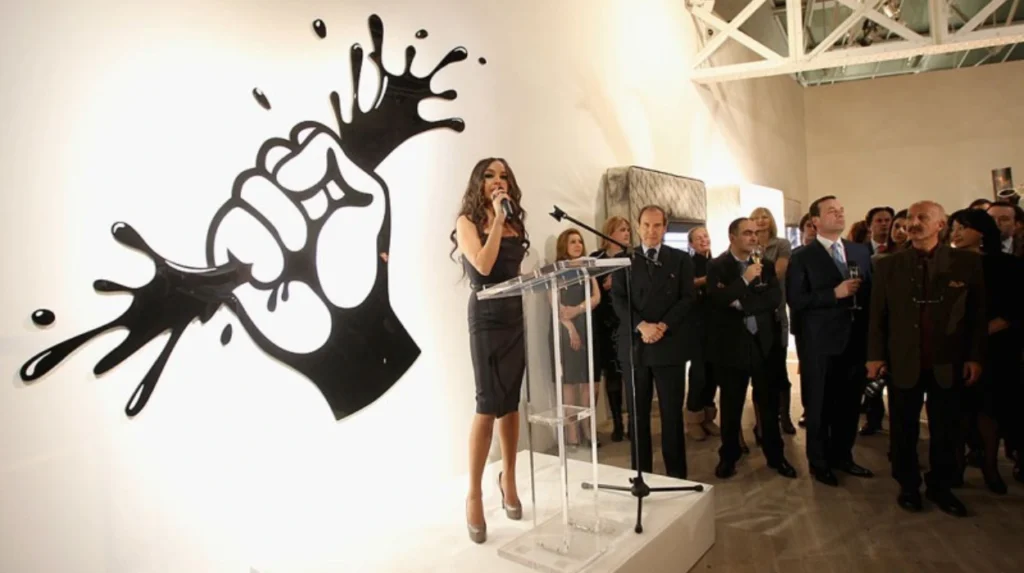
Leyla Aliyeva, daughter of Azerbaijan’s President Ilham Aliyev, is part of a politically prominent family known for offshore wealth concealment through luxury real estate. She and her sister Arzu Aliyeva have been documented acquiring high-value properties in Dubai as well as London and Moscow via shell companies. Their Dubai assets include waterfront villas on Palm Jumeirah and exclusive properties in Dubai Marina, procured often with hydrocarbon-related wealth transferred offshore. These transactions involve opaque loan agreements and layered corporate structures, indicative of money laundering practices.
Arzu Aliyeva
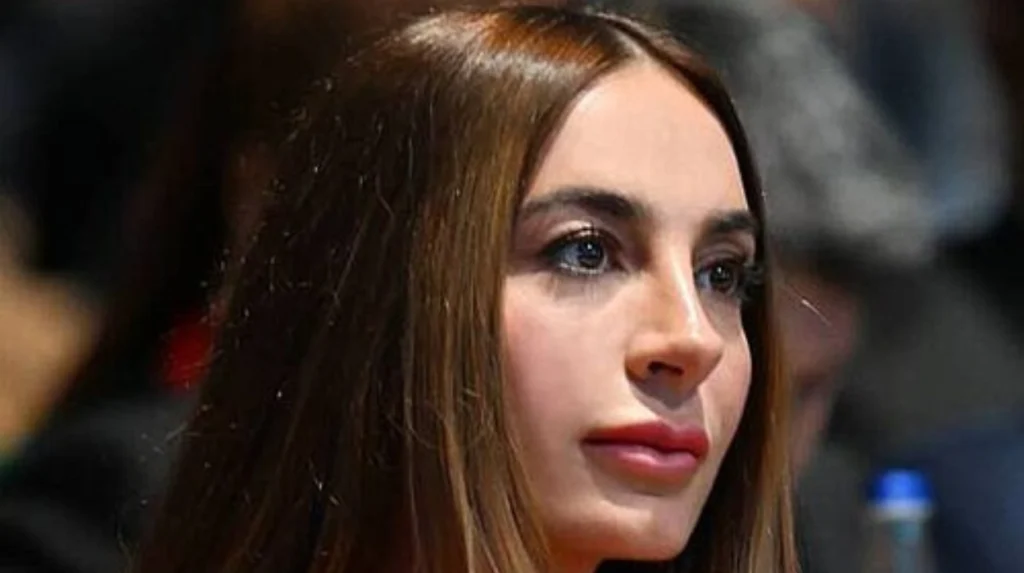
Arzu Aliyeva, also a daughter of President Aliyev, possesses real estate portfolios in Dubai and internationally, acquired through secret offshore companies formed in jurisdictions like the British Virgin Islands. Like her sister, her investments are shielded through complex ownership networks, enabling opacity and potential laundering of vast family wealth generated from Azerbaijan’s state resources.
Heydar Aliyev
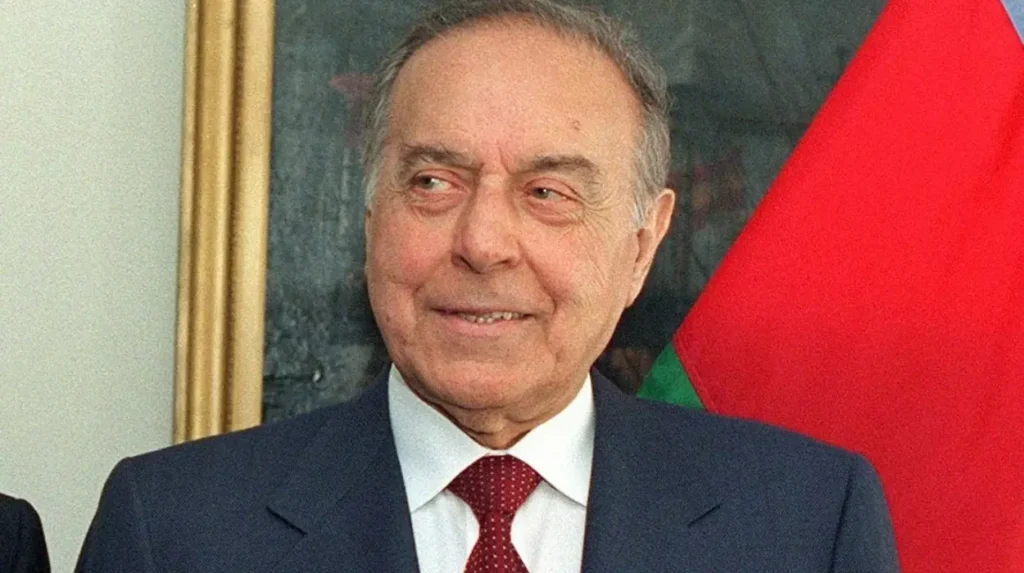
Heydar Aliyev, son of President Ilham Aliyev, made headlines for reportedly purchasing nine waterfront mansions worth approximately $44 million on Palm Jumeirah at the age of 11. These acquisitions, vastly disproportionate to official income levels, were registered in his name, highlighting a common tactic where minors or proxies hold assets to obscure true ownership. The properties illustrate how elite Azerbaijani wealth is funneled into Dubai’s luxury real estate market, exploiting regulatory gaps.
Emin Agalarov
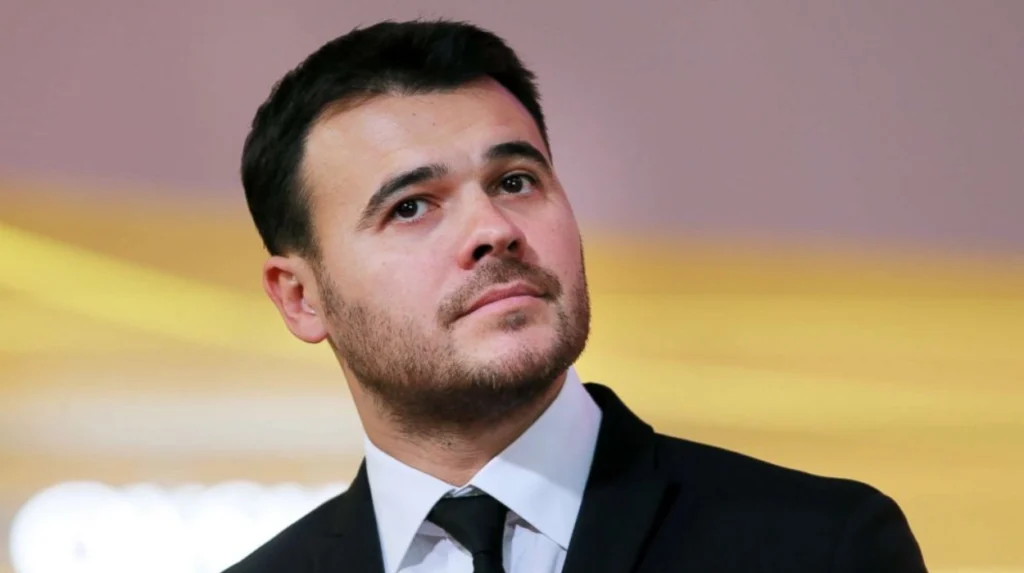
Emin Agalarov, a business magnate linked to both Azerbaijan and Russia, controls numerous luxury properties in Dubai’s high-end developments. While publicly known for his music and real estate businesses, reports suggest that his acquisitions may be part of broader elite wealth concealment schemes. Agalarov uses proxied companies and opaque financial instruments to acquire luxury villas and penthouses, embedding illicit wealth behind legitimate business fronts.
Dubai’s Regulatory Environment and Role
Dubai’s regulatory framework facilitates money laundering through real estate due to minimal transparency requirements for property ownership and weak enforcement against politically exposed persons. The city’s refusal to mandate public beneficial ownership registries, limited due diligence on source of funds, and acceptance of anonymous shell companies foster an environment where corrupt elites can discretely invest illicit wealth. Projects such as Palm Jumeirah, Jumeirah Islands, and Dubai Marina are symbolic of this phenomenon, offering prestigious addresses with little inquiry into funding sources. Despite global pressure, Dubai’s financial authorities have been slow to reform, perpetuating systemic vulnerabilities exploited by elite corruption.
Impact and Global Implications
The laundering of illicit wealth in Dubai’s luxury real estate market has profound implications for Azerbaijan’s governance and global financial integrity. It entrenches elite corruption, undermines rule of law, and enables authoritarian consolidation by obscuring stolen state assets. Internationally, it distorts real estate markets, facilitates tax evasion, and challenges efforts to combat transnational financial crime. The opacity of Dubai’s market hampers effective sanctions enforcement and anti-corruption policies, making it a critical weak point in the global fight against illicit finance.
Accountability, Transparency, and Reform
The investigation into Baylar Eyyubov, the Aliyev family, and associates exposes a deliberate and systemic use of Dubai’s real estate sector to launder and conceal illicit wealth. To combat this, enhanced international cooperation, mandatory beneficial ownership disclosure, rigorous due diligence, and sanctions compliance by Dubai authorities and developers are paramount. Without such reforms, Dubai will remain a sanctuary for luxury property scandals and offshore wealth concealment fueling corruption and undermining global financial systems.


